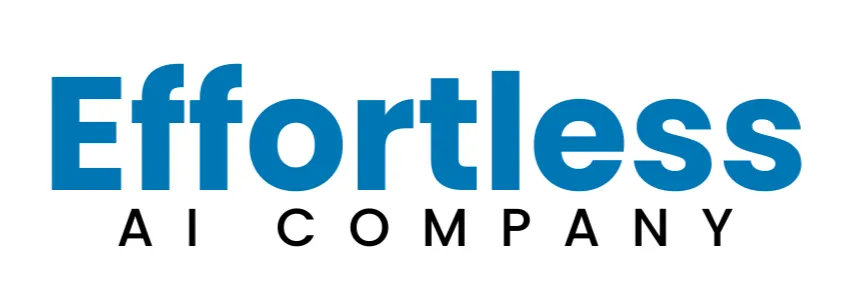Thank you for visiting
Triple Threat Success, we are now
the Effortless AI Company
Let's Go!!
Streamline Your Business, Boost Your Sales, and Save Time with AI
Follow us
Phone:
(888) 557-2422
Email:
Copyright © 2024 Day One Profits LLC dba, Effortless Ai Company | All Rights Reserved | Terms and Conditions | Privacy Policy
